There was a time when transport companies could use timely arrivals as a trump card. These days, just-in-time delivery is a common basic requirement. To consistently achieve that, Ablas International Logistics, which focuses on Germany, Poland, and Eastern Europe, uses a driver rotation system for hauling refrigerated fruit and vegetables, too. Fresh & Fast, as it is concisely worded on this Dutch company’s website, will soon get a makeover.
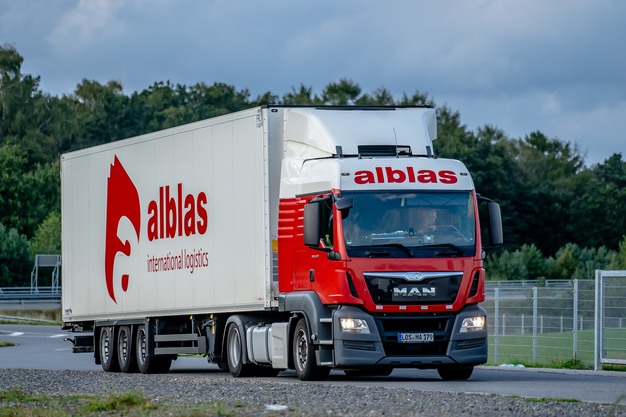
With 230 trucks and 400 trailers, this family business’s fourth and fifth generations are steadily continuing to build on their predecessors’ success. This logistics company’s primary business is groupage. “If clients want us to, we can take care of the entire process for them: from collecting the goods at the port to unloading at their destination in Europe. Storage and cross-docking are no problem either,” begins project manager Quirijn Albas.
“In the Netherlands, we have our own warehouse, and elsewhere in Europe, we use 13 third-party warehouses spread across Germany, Poland, the Czech Republic, Slovakia, Hungary, and Romania. We’re currently looking forward to an additional Dutch location. Repacking at the product level isn’t part of our job description, but we have the means to do all pallet-level operations. You create added value for your customers by handling all logistical processes, including warehousing and transportation,” says Quirijn.
Utilization capacity is crucial
Several small transport companies have gone belly up in recent years, with some being swallowed by the bigger fish in the pond. “Is it because the smaller players couldn’t offer added value? I think many of those who went under actually had a good basis, service, and customer base-wise, for a stable business. But I believe there’s one constant when things go wrong: utilization capacity. Have that in order, and you’re in a good position. Costs get out of hand as soon as you have too many empty trips. Ultimately, in our sector, the cost structure makes the difference. Because on the revenue side, clients don’t seem to pay one logistics service provider more than another.”
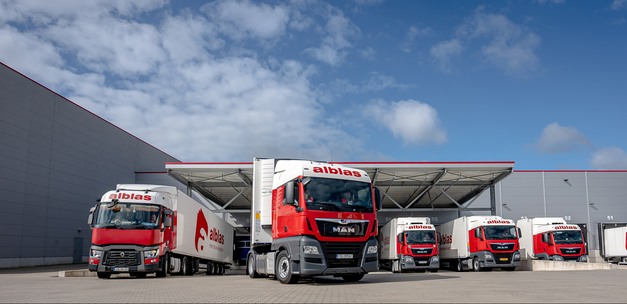
By doing things like carefully monitoring their utilization capacity, Alblas has grown over the years, independently and through acquisitions. “We’re expanding at all levels: the customer and personnel base, the vehicle fleet, and transportation movements. Regarding takeovers, we must gain access to the acquired company’s client structure. The regions where those customers are located must also align with our focus,” explains Quirijn.
Switching drivers
To keep their utilization capacity high requires more than just a loyal, broad client base; offering good service is essential. “That’s best done with your own fleet and drivers. Ensuring groupage success with many unloading addresses is easiest when you’re in control. To make sure we arrive everywhere on time, we switch drivers close to the destination rather than having double-manned trucks. For instance, we have a changeover point just outside Hamburg. The driver who had loaded several addresses in the Netherlands would have reached their driving time limit by then.”
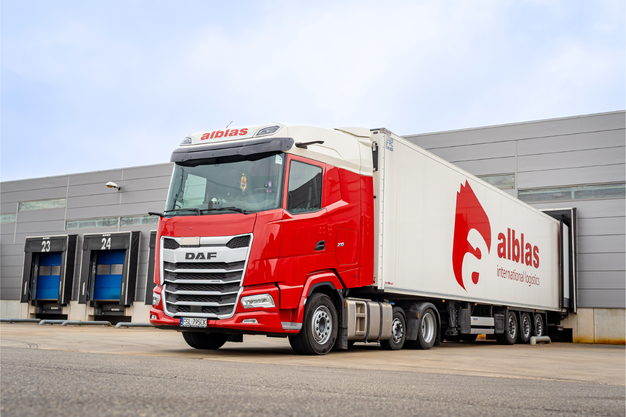
“The fresh driver takes over and can unload in Hamburg overnight or continue on to Lübeck and Rostock. Then there are no driving time issues. Berlin is another good example. Drivers can just reach it within their driving limit, but if you unexpectedly get stuck in a traffic jam, instead of continuing to your final destination, you have to find somewhere to stop and rest. This kind of driver rotation system requires careful planning and organization, as well as a fixed route with a certain amount of cargo,” Quirijn continues.
Offices in Germany and Poland
Albas has offices in Germany and Poland to manage its fixed routes. From there, communication with the delivery addresses is in the local languages. The company gets transport orders from both Dutch exporters and importers in Germany or Eastern Europe. “Some importers have the seller arrange transport, others prefer to do so themselves because it offers them more flexibility when it comes to purchasing policy and offloading options.”
Ever-closer tipping point
Besides client demand and the sector-wide fierce competition, carriers must, nowadays, also increasingly deal with governmental regulations. “Take the hefty toll road charge adjustment we faced last year in Germany. Those per km tolls are on the way in the Netherlands, too. You have to pass that on in product prices, but those changes won’t happen easily. The goal is, of course, to bring the tipping point closer to using cleaner trucks. Electric trucks pay a basic toll, but not a CO2 tax. That makes quite a difference in Germany,” says the project manager.
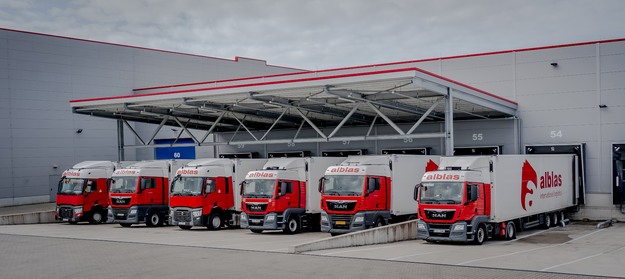
Still, that tipping point will not be reached any time soon, says Quirijn, especially with diesel prices dropping again. “It’s currently more cost-effective to drive diesel, not electric vehicles, particularly in international groupage transportation. A maximum range of 500 km isn’t enough when you use a driver rotation system, and it’s especially tricky in the Fresh sector when you must park the truck for a few hours to charge the battery. Where I do see possibilities is in, say, collecting multiple regional shipments. Technological progress and increasing CO2 taxes on diesel will push the international transportation sector towards electric vehicles, too.”
Biodiesel and hydrogen
In the short term, Quirijn sees more benefit in biodiesel to reduce the transport’s CO2 footprint. “You can save plenty of CO2 with a slight price adjustment. Unfortunately, the hydrogen route is perhaps not receiving full attention. The basic issue is the too-high cost price because production hasn’t yet gotten off the ground. Several technical issues must also be seen to, like insulating the tank and cooling the hydrogen to keep it liquid. Nevertheless, I think hydrogen will make its appearance in the transportation sector in the future. Alblas keeps its finger on the pulse. Because if you don’t move with the times, you’ll eventually fall by the wayside,” Quirijn concludes.
For more information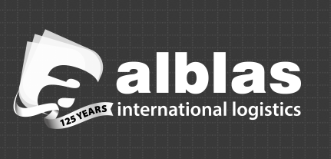 Alblas International Logistics
Alblas International Logistics
T: +31 (0) 78 673 8700
[email protected]
www.alblas.nl
Source: The Plantations International Agroforestry Group of Companies
